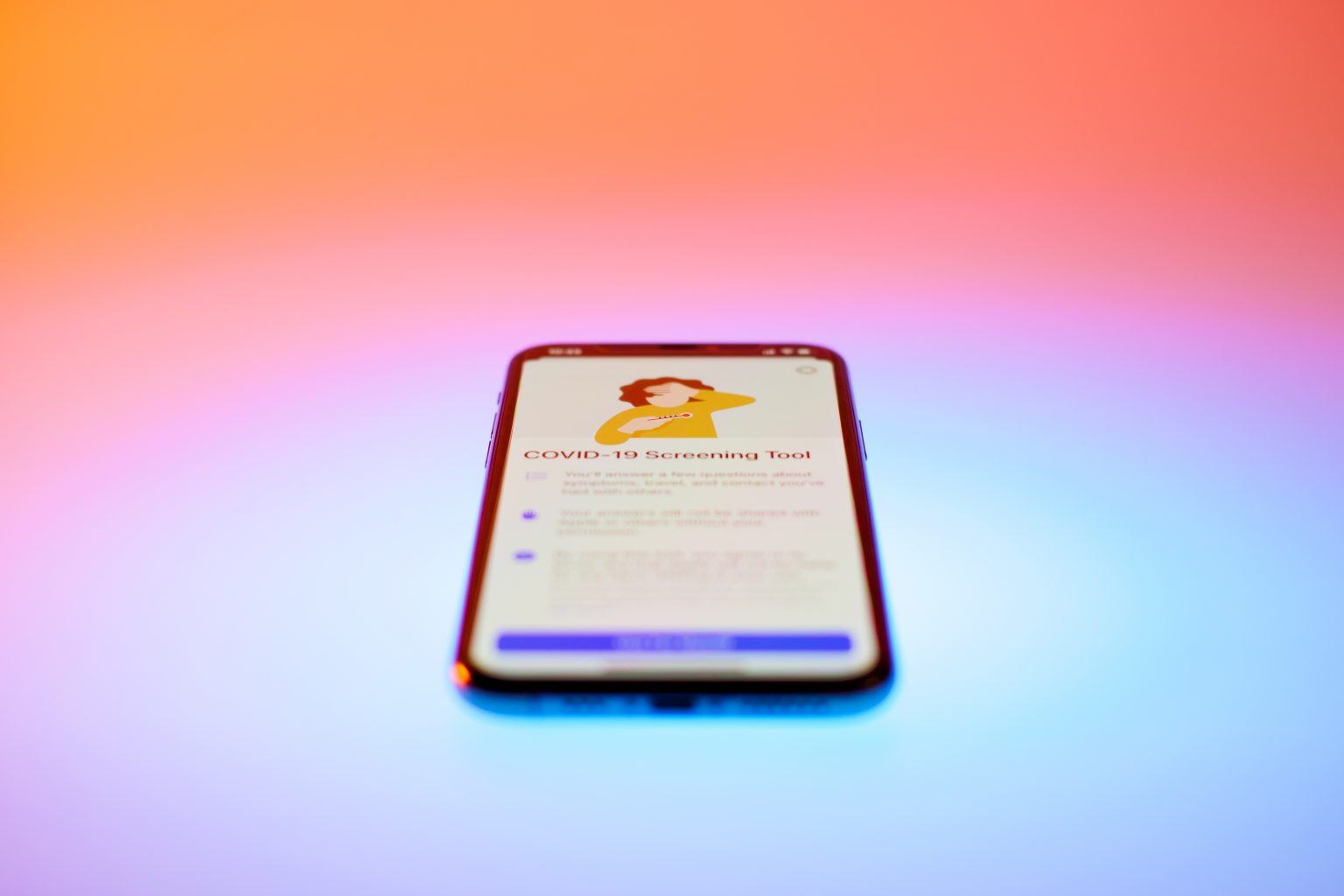Stand up to be counted during this global crisis

There’s a global pandemic on, for crying out loud.
I say this because some of us seem not to understand the gravity of the situation. Some of us seem to regard this thing as a minor irritation, a temporary encumbrance, to be ignored or wished away, so that something called “business as usual” can continue.
But there is no business as usual in a crisis.
Pandemics are not new to humanity. Germs fly at us in many forms, and sometimes the consequences are massive.
The bubonic plague wiped out half of Europe’s population. The Spanish flu, the last massive global pandemic, arrived during World War One and ended up killing 50 million people – more than twice the war’s fatalities.
The novel coronavirus is our pandemic. It is our moment to weather the storm and get to the other side. It is our time to play bigger and accept our joint, intertwined humanity and our common fate as denizens of this planet. We, those of us present in this epochal moment, have a duty to history to stand up and be counted.
Global pandemics have severe consequences. They disrupt everyone’s regular way of life; they cause much illness and suffering and death; they ruin whole industries and entire economies. We are in fact lucky that the coronavirus is not as lethal as some; and that we have the resources and science to deal with it.
Pandemics do end, though. They do so when the virus runs out of viable carriers, either because enough people have been infected; or because mass vaccination has been achieved. As I write this, the news about vaccines is very positive. At least three very credible contenders are in play. So we will defeat this thing.
But: there is some way to go yet. Please do not imagine we will have dealt with the coronavirus by Christmas and be roaring on all cylinders in the New Year. Vaccines must get approvals; they must be manufactured at unprecedented scale; they must be distributed and administered in very special conditions; and they must reach the majority of the planet’s people, not just the privileged few.
All of that can be solved; but it will take time. We still have many months of a low-touch, high-friction world left, where we must continue to take multiple precautions and curtail our old ways of living, if we are to contain an ever-rising death toll.
I have no gripe with any of those who are poor and vulnerable, none at all. They can do very little to navigate such a crisis, for very few decisions are in their hands. Many are forced to ignore the danger, for the danger of a loss of livelihood is even more immediate. Many have been forced to expose themselves to infection due to their poverty, and have suffered immeasurably.
I’m perplexed more by those without such economic vulnerability. There is a group of people in this world who have the buffers and reserves to withstand this period and get to the other side intact – and they are the ones misbehaving.
Impulse control is noticeably absent in this group. Some have elections to win, and win they must. Others have irresistible social impulses, so they cannot stop themselves from gathering dangerously during the pandemic, for the most piddling of reasons. In some, a money-amassing impulse means they cannot contain the grubbing and grabbing even for a few months. Still others have a rigid normalcy impulse, so they can make no adjustment to their working lives, no adaptation to different ways.
All that would be very well if our impulses only exposed ourselves to danger. Even without a pandemic, we all take routine risks every single day. If the consequences of your behaviour fall only on yourself – no problem. But a virus doesn’t work like that. Lack of impulse control endangers everyone by promoting the transmission of the virus. Eventually the germ reaches the vulnerable – with often terrible consequences.
We must, of course, live with this virus until mass vaccination is possible. That means we all have to navigate risk, every day. We all have to make personal tradeoffs between safety and managing our lives. Could we not at least play safe on others’ behalf? Not become super-spreaders? Think for a moment about the medical heroes braving it all and paying such an awful price – just because so many cannot control their impulses?
A pandemic is a special time, and it requires special responses, by individuals, organizations and nations. History is being written every day. Join me here next week for a look at those who have risen to the challenge.
(Sunday Nation, 29 November 2020)

Buy Sunny Bindra's new book
The X in CX
here »
Popular Posts
- Make this your year of being boringJanuary 4, 2026
- Snakes and Ladders, AKA your lifeJanuary 25, 2026
- Can we please stop with the corporate jargon?January 11, 2026
- The man who passed by one markJanuary 18, 2026
- Pretty isn’t the productFebruary 1, 2026















